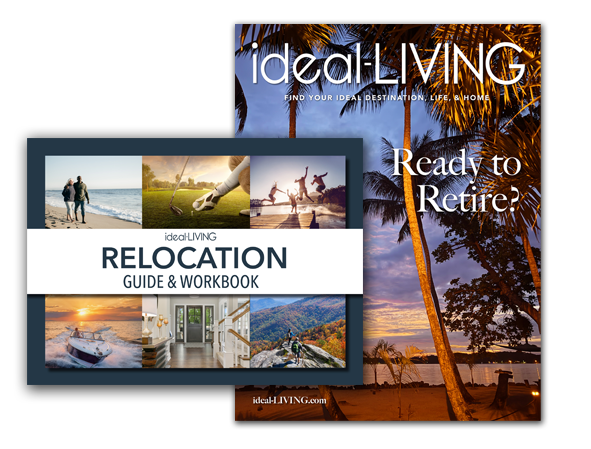With a Little Help From My Friends
With a Little Help From My Friends
By Jan Cullinane. Previously published in the 2016 Winter Issue.
Yup, Ringo sure knew what he was singing about with that 1967 Beatles song. Social support is a critical ingredient for a successful retirement. Study after study documents the importance of friends for longevity and health. For example, a 10-year study found those with the largest network of friends outlived those with the fewest friends by 22 percent (and it was friends, not children or spouses who made the difference). A 13-year study found that those who were socially engaged lived two and a half years longer than those who weren’t. Researchers who followed heart attack victims for a year found those who were socially isolated had a lower survival rate than those who weren’t isolated. Why does social support result in a longer and healthier life? It’s thought that having friends helps prevent depression, encourages healthy behavior, boosts self-esteem, models coping mechanisms, and plays a role in lowering the stress hormone cortisol.
heart attack victims for a year found those who were socially isolated had a lower survival rate than those who weren’t isolated. Why does social support result in a longer and healthier life? It’s thought that having friends helps prevent depression, encourages healthy behavior, boosts self-esteem, models coping mechanisms, and plays a role in lowering the stress hormone cortisol.
Singles who relocate to a new community, retire from a job that provided social support, divorce, become widowed, or live in an area where friends have moved (or passed) away often express concerns about being lonely or starting a new social support system. Here are some strategies to help form or boost your social circle:
• Move to a master-planned community or active-adult community. These communities usually have full-time lifestyle or membership directors who coordinate activities. (Hint: newer places are often better because cliques haven’t formed. The average age of the residents is also younger.)
• Sign up for a class at your local university, community college, or school system in a subject that interests you. Tuition is often waived greatly reduced for mature adults.
• Reconnect with friends from high school or college. Interestingly, many old flames who reunite end up getting married.
• Check out your library for free activities such as lectures, book clubs, computer classes, and entertainment. (I’m on the Board of Trustees for my county library, and I’m amazed at the number of complimentary offerings.)
• Volunteer. Join a cause you’re passionate about (politics, becoming a docent, working at a food bank, community theater) and meet others with the same interest. Or, try something outside of your comfort zone. (I volunteered for a build with Habitat for Humanity and learned how to lay tile.)
• Meet Up. MeetUp.com connects you to groups who live close by and share common interests, from astronomy to bridge to biking to gaming. Don’t see your passion listed? You can start your own MeetUp group. (Depending on the group, there may or may not be a charge.)
• Consider a part-time job. Not only can you meet people, but it helps to pay the bills.
• Join a team or learn a group sport. Your county may offer low-cost tennis, pickleball, or golf clinics. Or, join a gym (but only if you’ll really go).
• Go on a trip with a singles’ group. Consider ships with singles’ cabins, such as Norwegian Cruise Line or Royal Caribbean International, or book tours that waive the single supplement, such as OAT (Overseas Adventure Travel).
• Cultivate online friends. There are online book clubs, free games you can play with people you know or don’t know (Words with Friends and Trivia Crack come to mind), forums where you can discuss opinions about various topics, and Facebook and LinkedIn, which allow you to connect and stay in touch personally and professionally. One caveat with Facebook: beware of FOMO (Fear of Missing Out). It often looks like others are living a perfect and perpetually fun life, causing feelings of anxiety and insecurity. If that’s you, don’t do Facebook.
• Get a dog. Visit the local dog park and strike up a conversation with other dog-lovers. You’ll benefit from the exercise, too.
• Check out your local places of worship. If you’re religious, there are abundant opportunities to get involved, and many religious institutions offer vibrant singles’ groups.
• Take matters into your own hands. Ed started a “cigar night” in his backyard to meet some other men in the community. Claire started a book club by knocking on her neighbors’ doors and inviting them to her house for coffee, dessert and a meeting.
Social support is sometimes called “Vitamin F”— the “F” stands for friendship. Be sure you get your dose of this all-important nutrient.
Jan Cullinane is an award-winning and best-selling retirement author, speaker, and consultant.
Receive your complimentary Relocation guide and magazine


